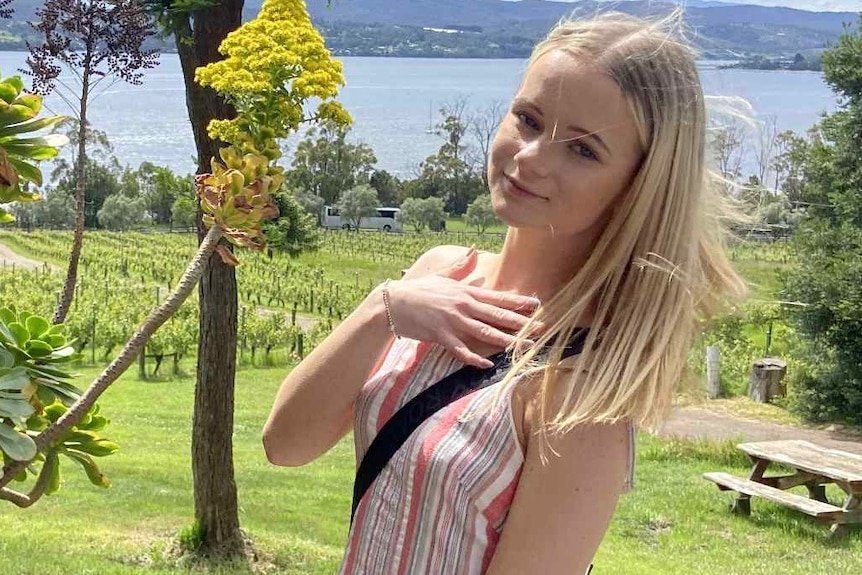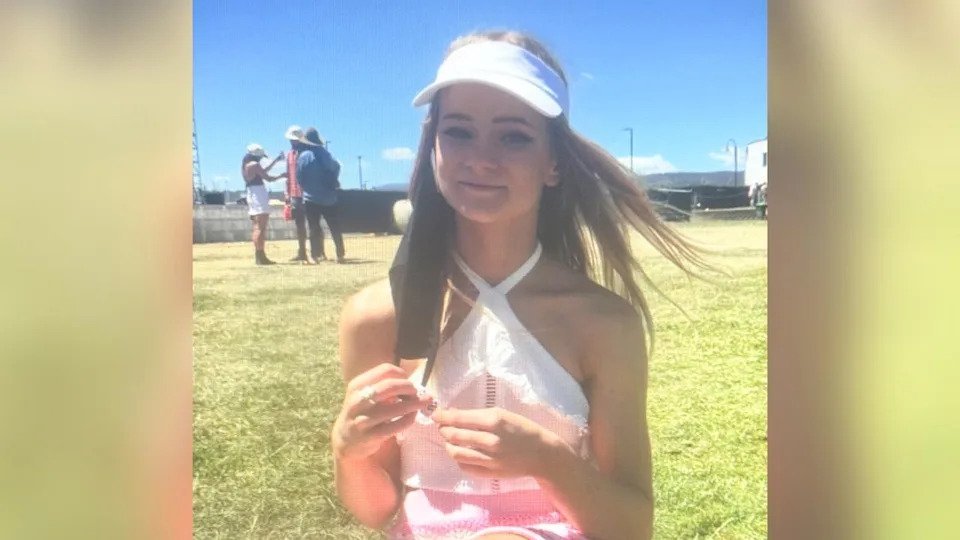Tears and outrage as young Aboriginal woman, 21, dies in Tasmania prison custody: Family mourns loss of ‘loving and vibrant’ Chelsea Bracken, whose tragic death has reignited calls for justice reform
- A 21-year-old Aboriginal woman has died in prison custody in Tasmania, sparking widespread grief and outrage.
- Chelsea Bracken’s family has asked for respect and space to mourn her passing, amid growing concerns about the over-representation of Indigenous Australians in the prison system.
- A national advocate for the rights of incarcerated women and girls has called for governments to “invest in life” and address the root causes of Indigenous incarceration, rather than simply increasing funding for prisons.
The family of Chelsea Bracken, a 21-year-old Wiradjuri woman, are mourning the loss of their “loving and vibrant” daughter and sister, who tragically died in hospital on Monday after suffering a “serious medical episode” at the Mary Hutchinson Women’s Prison in Risdon Vale, southern Tasmania.
The Tasmanian Aboriginal Legal Service (TALS) has expressed deep condolences to the Bracken family and the community, with CEO Jake Smith describing Chelsea’s death as a “tragedy” that will have a profound impact on those who knew her.
The latest data from the Department of Justice reveals that Aboriginal people make up 27 per cent of Tasmania’s prison population, despite comprising just 4.6 per cent of the state’s population. In the past decade, the number of Aboriginal prisoners in Tasmania has more than doubled, with 214 prisoners identifying as Aboriginal between April and September 2025.
Debbie Kilroy, CEO of Sisters Inside, a national Aboriginal-led organisation supporting and advocating for the rights of women and girls in prison, has slammed governments for focusing on reports and frameworks rather than addressing the systemic neglect and discrimination that drives Indigenous incarceration.

“Aboriginal women are the fastest growing prison population in this country, and that’s because the system criminalises the very conditions of Aboriginal women – survival, poverty, racism, homelessness, and trauma,” Ms Kilroy said.
“You can’t close the gap by locking people up. You close the gap by investing in life – in housing and education and community-led programmes and cultural healing and safety.”
The Tasmanian government has expressed its condolences to the Bracken family and indicated its commitment to funding supports across the justice system, including the employment of Aboriginal Wellbeing Officers through TALS. However, critics argue that more needs to be done to address the root causes of Indigenous incarceration and provide adequate support to Aboriginal prisoners.
“With that number [of Aboriginal prisoners] continuing to increase, the government have a lot more work to do to see that number reduce and actually come through with their commitment to close the gap,” said TALS CEO Jake Smith.
As the Australian community mourns the loss of Chelsea Bracken, her family and advocates are calling for urgent action to address the systemic failures that have contributed to her tragic death in custody.

